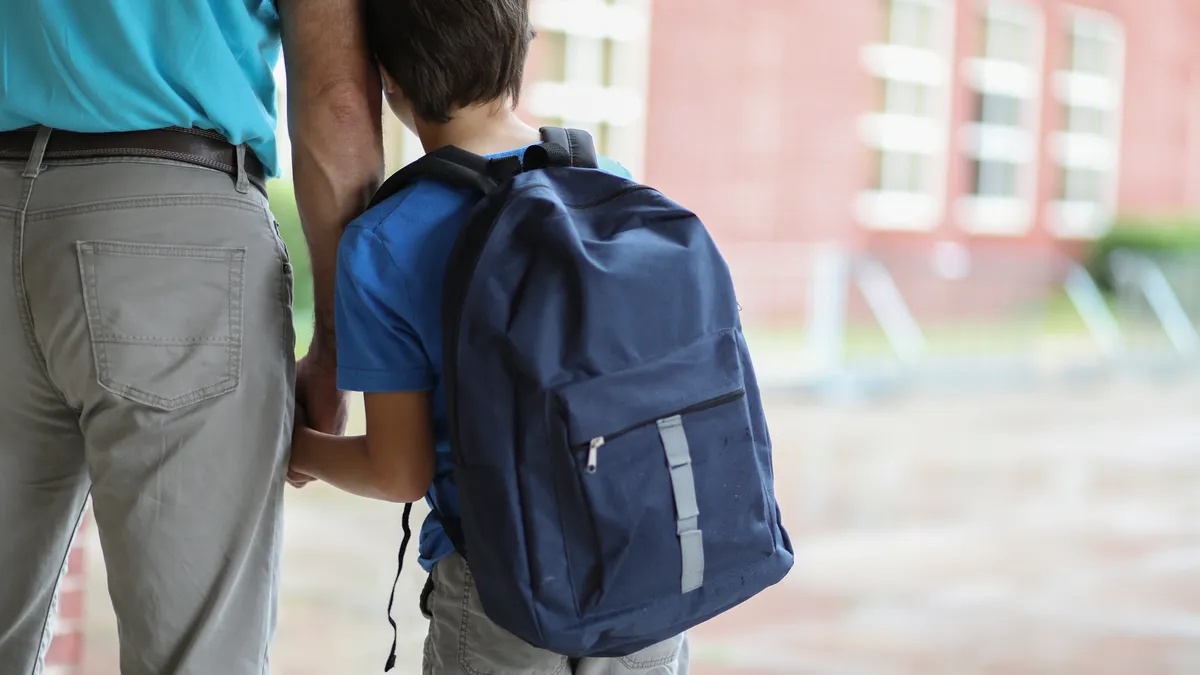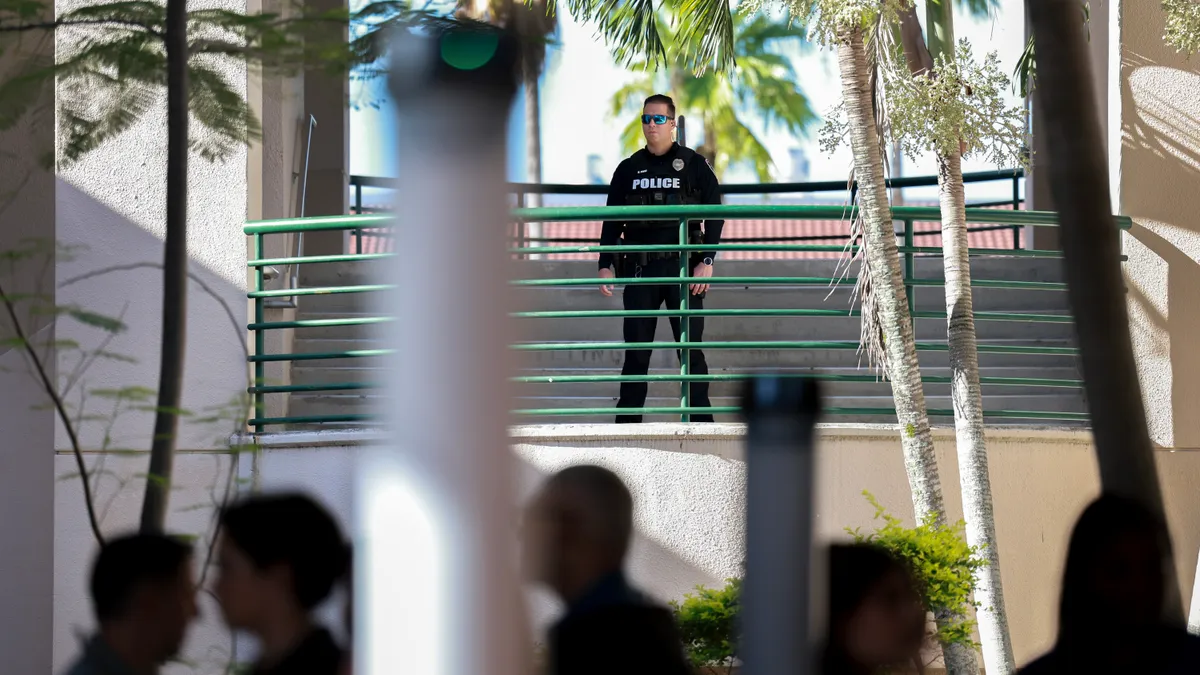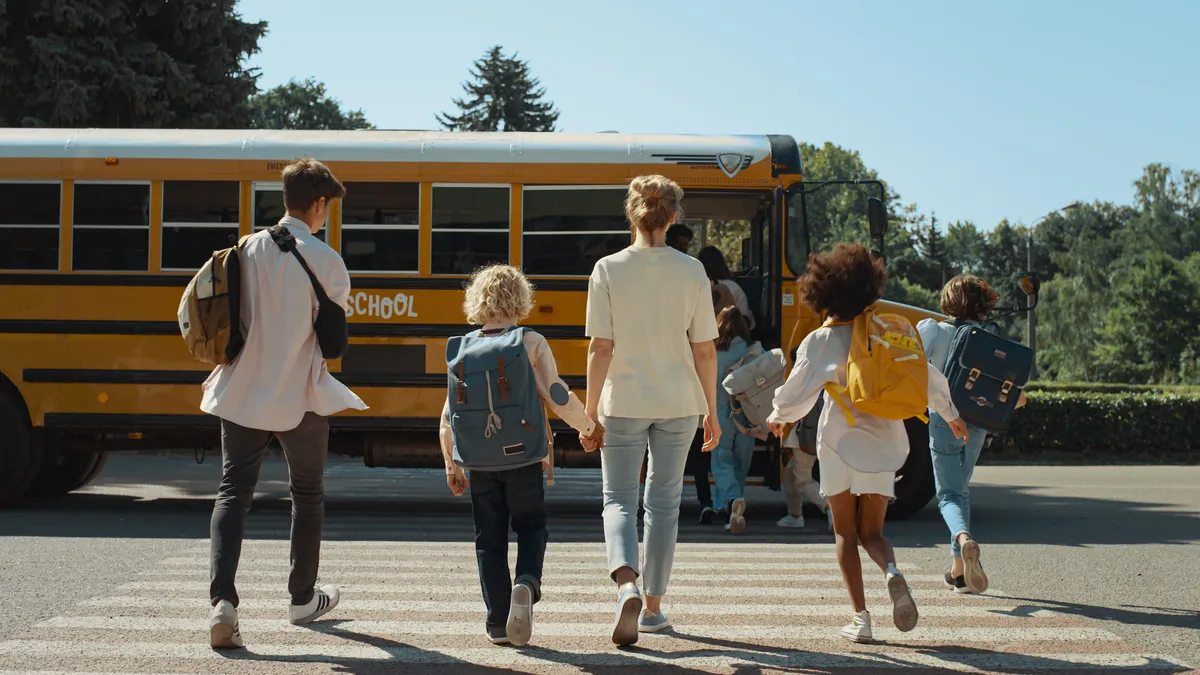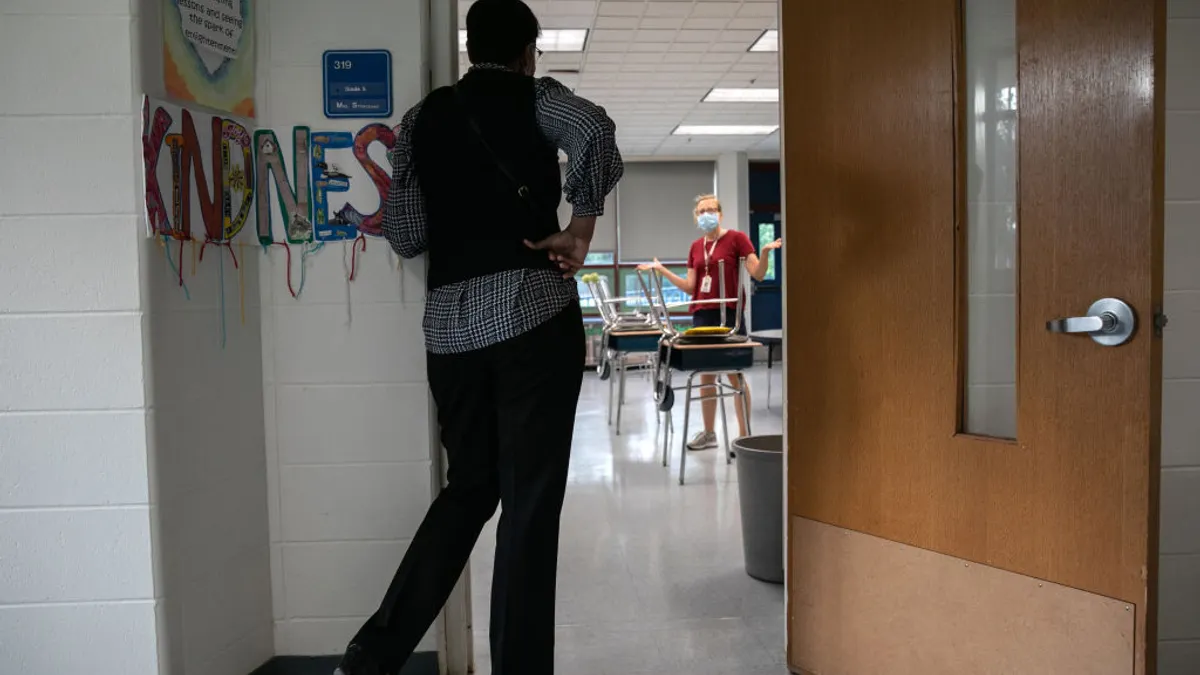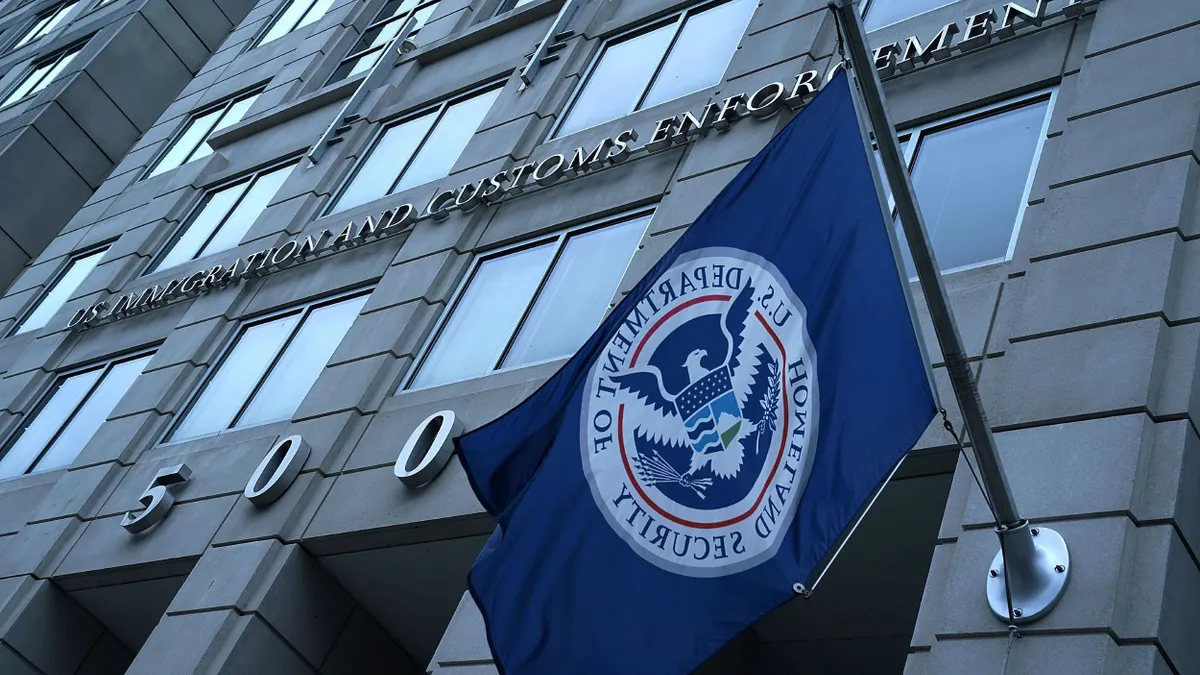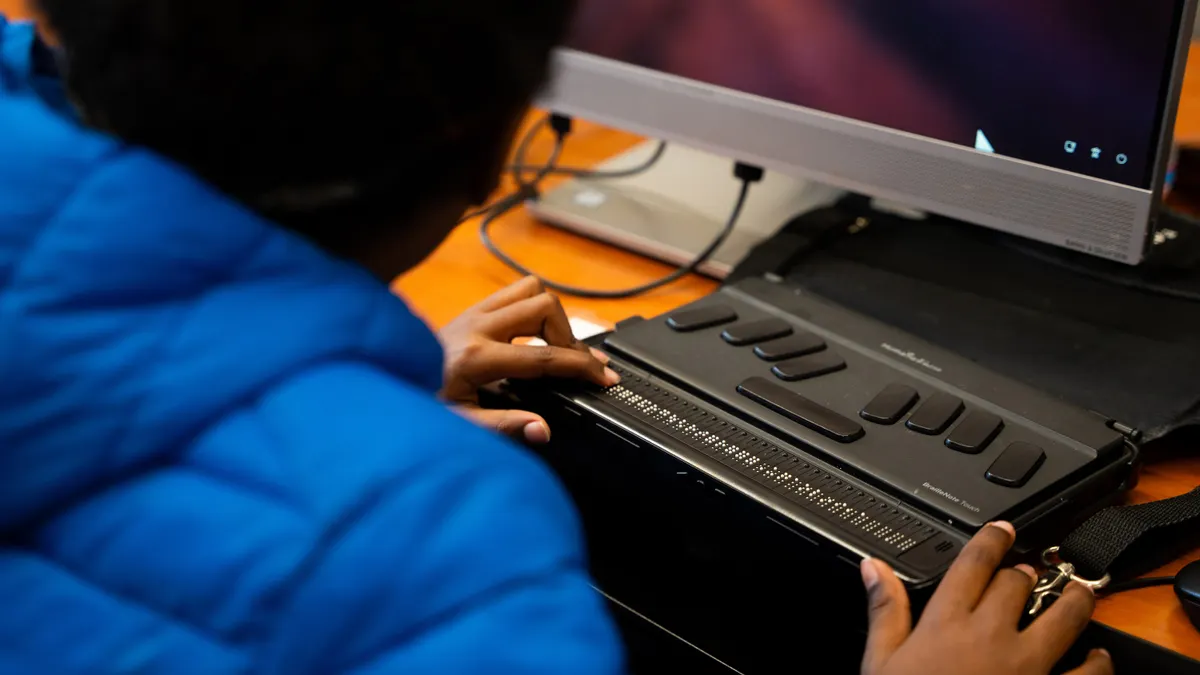States and districts are taking steps to ensure that "informal removals," in which school days are shortened to address behavior issues for students with disabilities, do not violate civil and educational rights.
New state and local resources, including from Oregon, Illinois and Chicago Public Schools, have come in the wake of 18-month-old discipline guidance from the U.S. Department of Education. That guidance raised the concern that frequent short-term removals of students with disabilities by administrators and staff could indicate a school is not following procedures under the Individuals with Disabilities Education Act.
Although informal removals are not defined under IDEA or in its regulations, disability rights advocates have raised alarms about the practice being overused as a way to sidestep IDEA discipline due process for students with disabilities.
Those procedures include extra protections for students with disabilities who are disciplined, such as the right to receive special education services if they are removed from school for more than 10 days. The rules also require a district to review whether disruptive behavior is related to a student's disability.
A January 2022 report from the National Disability Rights Network, an organization that advocates for people with disabilities, said it's difficult to know how many informal removals are taking place because these "off the books" removals are not included in reports to the public.
The group estimates informal removals occur "hundreds and perhaps thousands of times per year." NDRN, which is also a membership organization for the federally mandated Protection and Advocacy Systems that provide legal representation and advocacy services for people with disabilities, said an informal poll of P&As in 2021 found that repeated and shortened school days to be one of their most common areas of focus concerning school discipline.
"Informal removals not only hurt children academically and emotionally, but also harm their families, communities, and society at large," the NDRN report said.
Autism Speaks, an organization that promotes the inclusion of individuals with autism, is also concerned about the negative impacts of informal removals, said CEO and President Keith Wargo.
Informal removals present "a clear impediment" to learning opportunities for students with disabilities, Wargo said.
Under the radar
Some of the updated guidance from states and districts also appears to be in response to a 2023 blog series on discipline and behavior written by Valerie Williams, director of the Education Department's Office of Special Education Programs.
In a Feb. 22, 2023, post, Williams said she had spoken with parents who have had to leave work and go to their child's school to help calm them down. Sometimes in those cases, parents were told to take their child home, Williams said.
"These removals often go uncounted, are not reported as suspensions, and fly under-the-radar built to ensure that the Individuals with Disabilities Education Act’s (IDEA’s) discipline protections are exercised," Williams wrote.
The Council of Administrators of Special Education has — in the past and currently — advised special education leaders to follow IDEA's provisions to record school removals for behavior the same as they do for discipline removals, according to Phyllis Wolfram, executive director of the organization of special education administration professionals.
That ensures accountability for administrators and due process protections for students. It can also draw attention to opportunities for behavior interventions and supports, Wolfram said.
"When you're looking at your data, you should be asking the following questions, 'Are we seeing some consistent removals? Are we seeing some patterns of removals? How do we program differently for the student? How do we program differently so that we can keep the student in school?'" Wolfram said.
CASE — and the Education Department — note that, in general, a school day for a student with a disability should be the same length as a school day for a child without disabilities. But if a student's individualized education program team, which includes the student's parent, determines a student needs a longer or shorter school day to receive services under IDEA, then the IEP can be updated to reflect that change.
Wolfram also noted that special education administrators nationally are seeing a greater need for school-based mental health supports for students, but a lack of available providers and resources.
“This is the area where we need to be more impactful. We must work harder to collaborate with the behavioral healthcare facilities in our communities to assist in meeting the needs of our students and their families,” Wolfram said.


